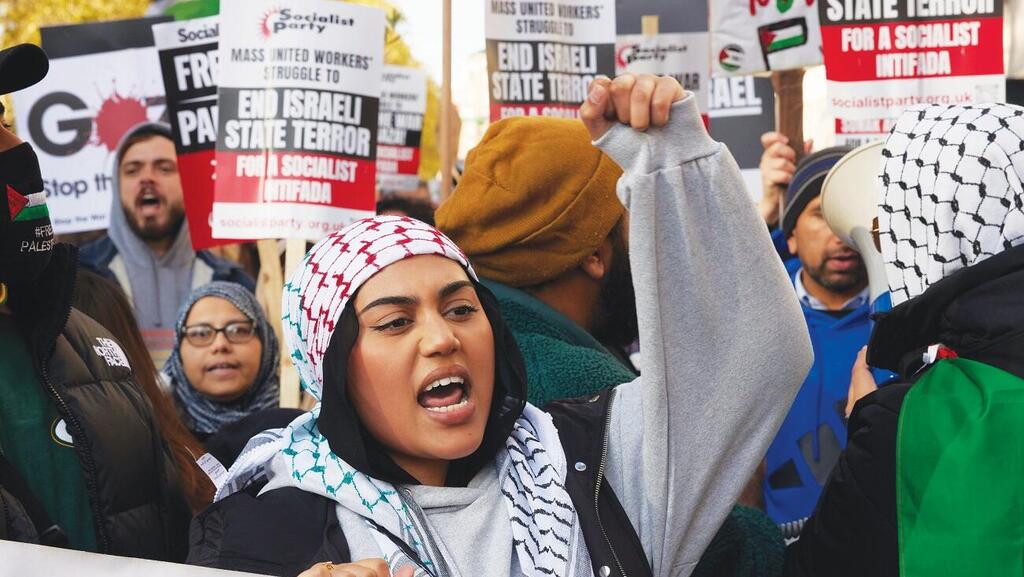The aftermath of the October 7 terror attack continues to reverberate, casting waves of concern among Jewish communities worldwide, both in Israel and in the Diaspora. While there hasn't been an unusual surge in migration to Israel or other destinations in the short term, many Israelis are contemplating where the future may be more secure and where it is advisable to reside.
Read more:
The world post the massacre is markedly different, and even places once considered safe for Jews are no longer guaranteed as such. Uncertainty looms, especially in northern and southern Israel, regarding how life will look after the war, particularly regarding personal security and the ability to maintain normal lives in these regions.
2 View gallery


Many Israelis are contemplating where the future may be more secure and where it is advisable to reside
(Photo: Shutterstock)
In a new study conducted by the Institute for Immigration and Social Integrations at the Ruppin Academic Center after October 7, it appears that contrary to expectations, the number of Israelis considering moving abroad remains stable and hasn't increased since the war.
Before the Hamas terror attack, 18% of Israelis considered living abroad, at least for a certain period, and there has been no noticeable change in that direction post the massacre. It is estimated that around 15% of Israelis also hold foreign citizenship, providing them with relatively comfortable options for migration.
Conversely, a dramatic increase in thoughts about relocation has been observed among Arab Israelis. Before the war, only 7% considered the possibility of emigrating from Israel. However, following October 7 and the repercussions of the massacre on the situation, this figure has doubled to 14%. A significant hurdle might be that only 3% hold dual citizenship.
Furthermore, the study reveals that among respondents with dual citizenship, 29.4% contemplated relocation before October 7, and this figure decreased to 26.5% after the war began. Among those holding only Israeli citizenship, 16.4% considered relocation before October 7, and this figure remained unchanged after the war commenced.
According to Dr. Svetlana Chachashvili-Bolotin, the head of the Institute for Immigration and Social Integrations, "Many Israelis who are constantly considering migration closely monitor events abroad, observing the stark rise of antisemitism in the media and on social networks in Israel. It's a significant part of their narrative and factors into their considerations."
Prof. Karin Amit, dean of the Faculty of Economics and Business Administration and a researcher at the institute, suggests that "one of the explanations is that in times of war or threat, there's a sense of unity. Even in the context of relocation, this mechanism operates. The feeling was that wherever you go, you might be persecuted, so perhaps it's better to stay put in the familiar homeland. Migration prevents both push and pull factors. We're all in the same boat here, sharing a sense of mobilization pulling you in, yet on the other hand, there's the cautionary aspect in a world that doesn't lure you out."
"The notion was that many Israelis obtained foreign citizenship as a kind of insurance policy, but as mentioned, most haven't exercised it at this stage," says Amit. "We will, of course, need to examine this in the medium term and also see what will happen economically after the war – a critical factor in migration decisions. If Hamas thought that, as a result of this event, all Israelis with dual citizenship would pack their bags and leave, that simply didn't happen."
According to her, "Concerning the Arab sector, there's a sharp increase. They likely feel that their situation is deteriorating, and the repercussions on their lives here, coupled with the bias in policies toward the Arabic-speaking population, could intensify. We see the data, and something is interesting here. Now, we'll need to conduct an in-depth study to examine the reasons for this sudden increase."




